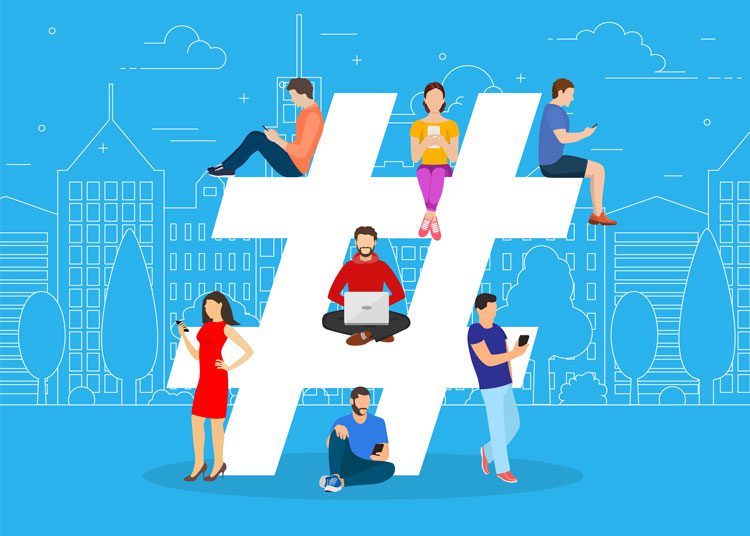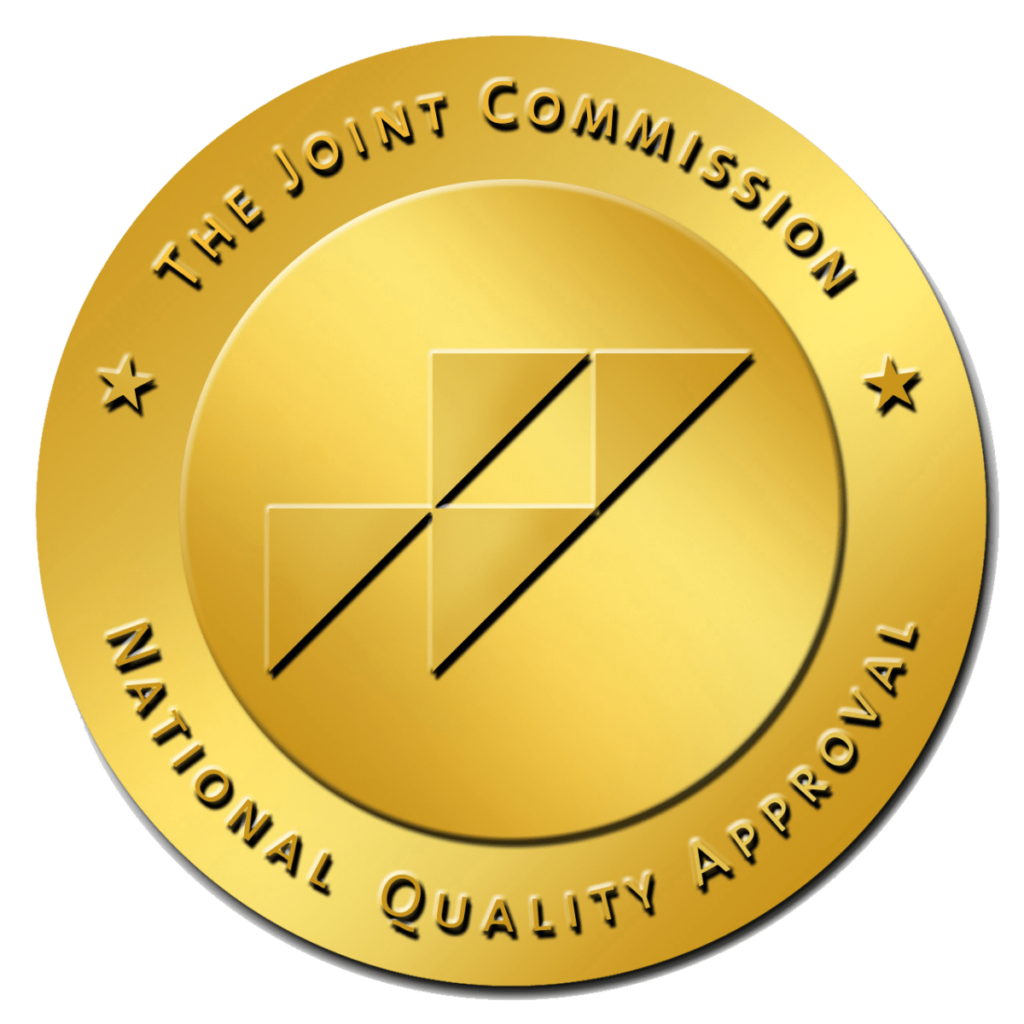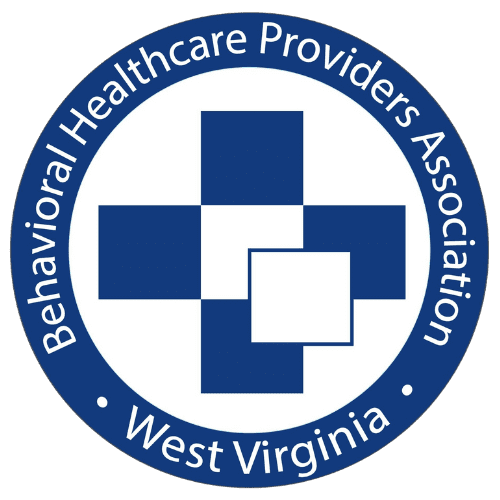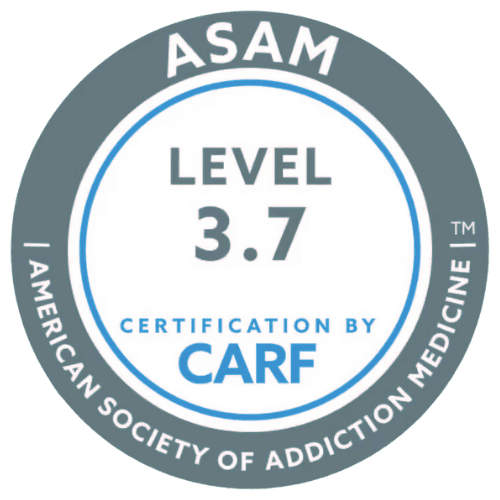While social media can provide us with a way to connect with other people and learn new information, it is important to remember that online platforms like Facebook, Instagram, Tumblr, Snapchat, and Twitter also have their downsides. One of these is an adverse effect on mental health.
How Social Media Hurts Us
You have probably had your own suspicions about the addictive quality of social media, and research confirms that social media use can lead to neglect of obligations and a compulsive need for escape from daily life. Like alcohol or an addictive drug, social media use triggers dopamine release in higher levels than normal. Flooded by this “feel-good” chemical, we seek out more of the same behavior to keep dopamine levels at that same unnatural high. Over time, we can become addicted to social media use, even going through withdrawal when we choose or are forced to stop.
Addiction aside, social media has other negative effects that most of its users have probably felt on some level. Social media naturally leads to comparisons of ourselves with others, which can lead to feelings of sadness, inadequacy, or jealousy. We forget that the versions of people we see online are highly curated. We forget that photos can be enhanced or augmented to hide flaws. We see only what others want us to see, and most people choose to highlight the good parts of their lives.
Selling Ourselves Short
Perhaps the real danger of social media is that it tempts us to mistake it for social connectedness. A recent study highlighted by NPR and published by the American Journal of Preventive Medicine found that:
“people who reported spending the most time on social media — more than two hours a day — had twice the odds of perceived social isolation than those who said they spent a half hour per day or less on those sites. And people who visited social media platforms most frequently, 58 visits per week or more, had more than three times the odds of perceived social isolation than those who visited fewer than nine times per week.”
While it’s true that platforms like Facebook and Instagram allow us to connect to people around the world, this connection is usually superficial. When we let social networking platforms replace face-to-face connections and interactions, we are selling ourselves short.
Children & Adolescents
According to Self magazine, nearly 90 percent of teens and tweens have one or more social media accounts. In a study of 300,000 teenagers in the US and the UK, the link between mental health decline was stronger for social media users than it was for young people who binged on alcohol or used hard drugs. Social media may have such a large impact because of how pervasive it is. Many people check their feeds right before bed, first thing in the morning, and at every possible break in their schedule, which means that it has more opportunity to cause harm.
Social media use can also harm young people in the following ways:
- Disrupting sleep
- Distracting from studies
- Giving bullies continuous access to victims and giving victims no reprieve
- Allowing for rumors to spread more quickly and thoroughly
- Providing unrealistic images other people’s lives
Reliance on online social networking platforms also may inhibit a young person’s ability to learn and practice their people skills and make them less confident in face-to-face interactions.
How to Limit the Impact of Social Media on Kids
To help their children learn how to regulate social media use and exercise caution in how they use it, parents or caregivers should start by setting limits–both on social platforms and on time spent online in general.
If possible, set up living space so that children are never using the internet in a room by themselves. And don’t let children take electronics to bed. Educate children in the dangers of social media and monitor their use. Talk about how gossip, sharing explicit photos, and cyberbullying can cause lasting harm.
Encourage your child to have in-person playdates with friends. Make your home a place that your child’s friends feel comfortable visiting. And finally, encourage your child to talk with you if they ever feel uncomfortable about anything they see or experience online.
It’s Not All Bad
While it’s important to recognize the power of social media and how it can affect mental and emotional well-being, we want to acknowledge that its power can also be used for good. For example, researchers at Harvard University have found that social media can provide some benefits to users who use it mindfully and in moderation. When not used in excess, social media can actually improve social well-being, mental health, and even physical health. It can compensate for an inability to be face-to-face due to geographical location or in times of mandated social distancing.
If you’re not sure whether your social media usage is beneficial or harmful, it may be helpful to have a conversation with your family doctor or a mental health professional.
If you or a loved one are struggling with anxiety, depression, the impacts of trauma, or any other mental health disorder, Highland Hospital in West Virginia can help. Our compassionate, professional staff can help you find equilibrium and give you the tools to sustain long-term mental wellness.









